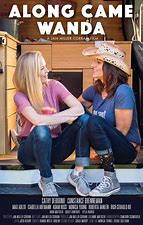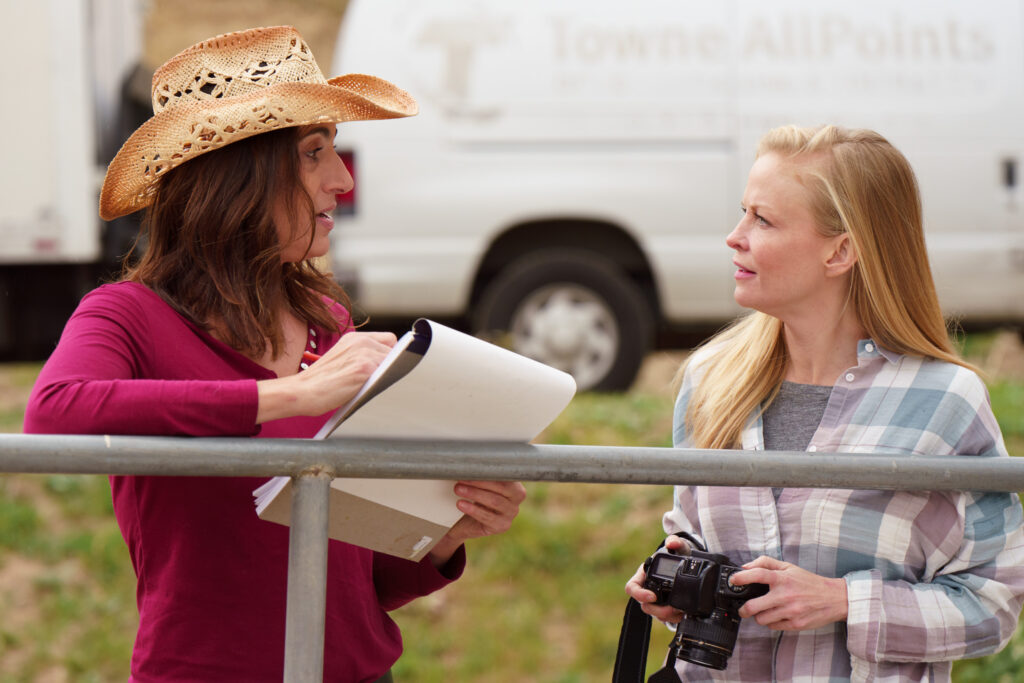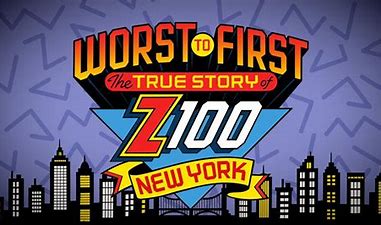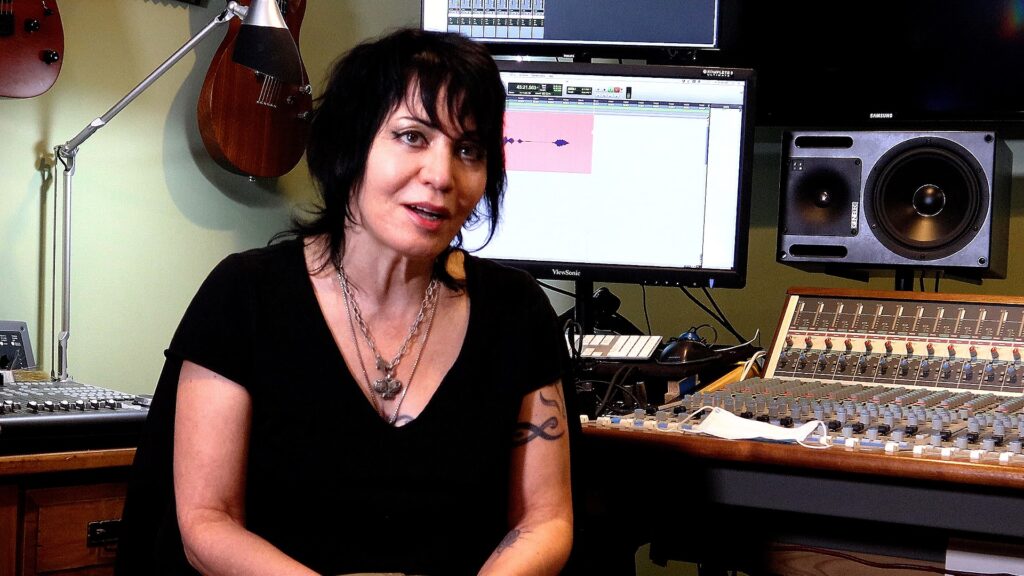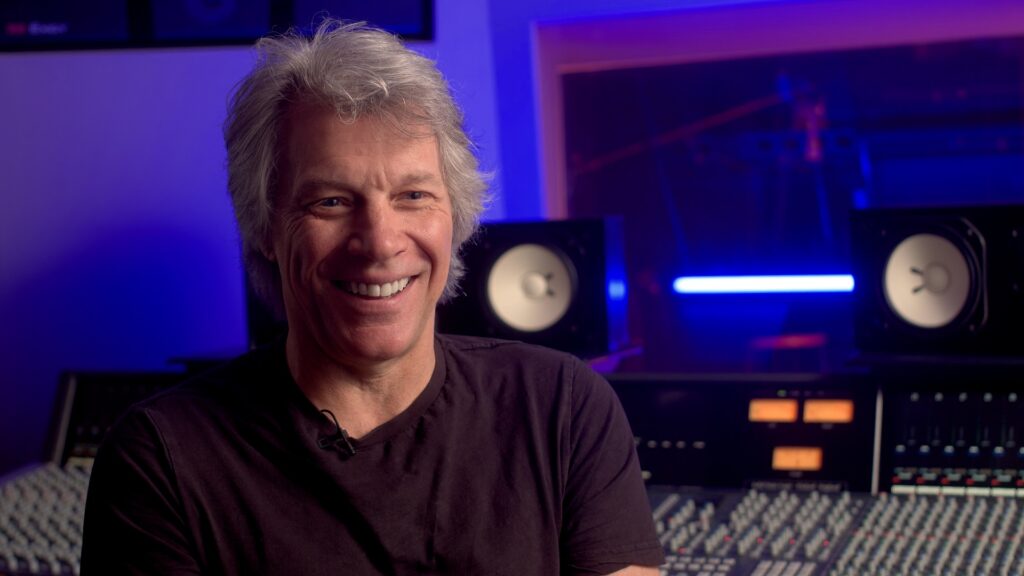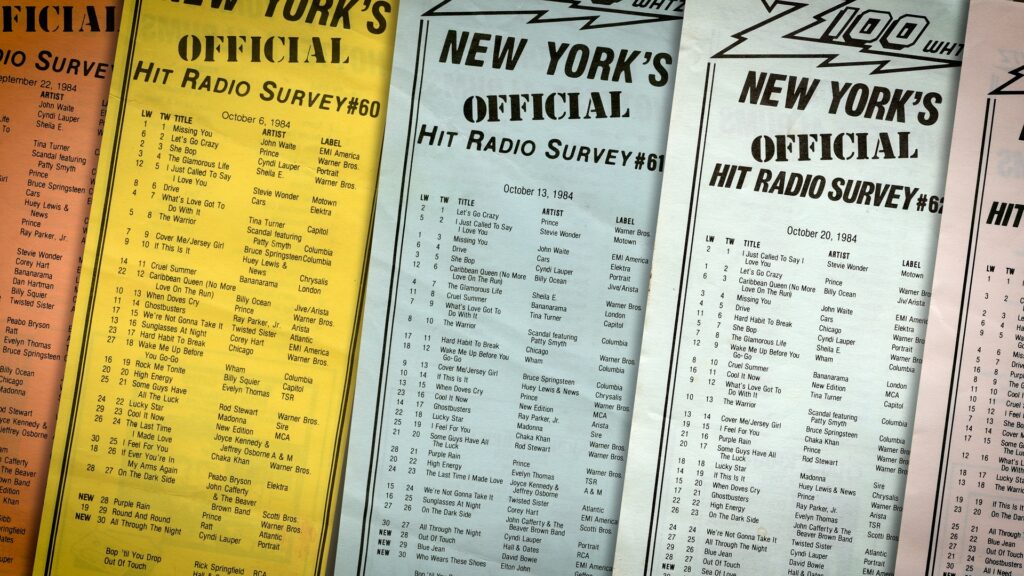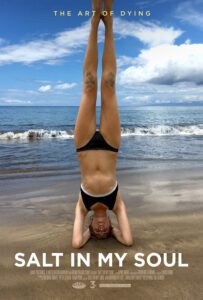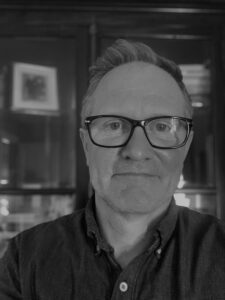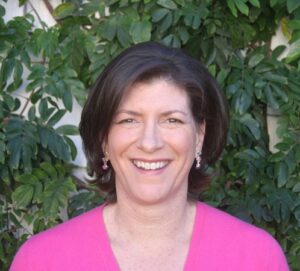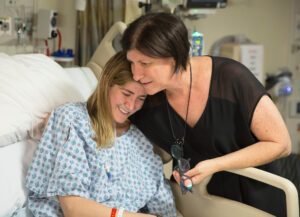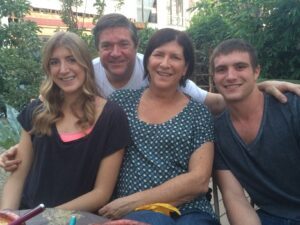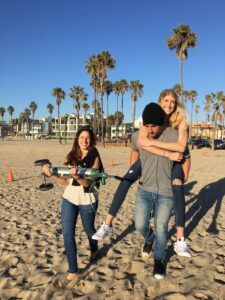YRN: Will, what did you do to prepare for this film?
WILL: Obviously I read Mallory's book. I read it a few times. I used that as a guide for myself as to who I wanted to interview.
I had several conversations with Diane, that were to make sure Diane and Mark were comfortable letting me make the film.
She is a very fierce gate keeper, quite rightly so. We had a lot of early conversations about who would be willing to be interviewed and who would not.
She put me in touch with a lot of people. I had early conversations with most of the interview subjects, just to get a sense from them about what they would be comfortable talking about and what they would not be. And to determine if they would be good interview subjects or not.
There is a big difference from Mallory writing about Mallory. She is a gifted writer that would make anyone sound good. I did a certain amount of research of cystic fibrosis, the history of it, what it is.
And then, I very much come at documentaries as a journey of discovery, as well. Then it was about jumping in and trusting the journey but take the most interesting path.
YRN: Was that different from preparation for your other documentaries?
WILL: It was. I worked on Alex Gibney's film, my first documentary, I was the head of development, "Enron, the Smartest Guy in the Room." About the Enron scandal. That was extraordinary, well planned, almost scripted. Even though they did not script the interviews. They knew before going into it almost every cut in that film, because they knew exactly what that story was.
That is sort of the approach I took in early documentaries that I produced, it was to really try and be as scripted as possible going in, because you knew what the story was and this was very different in away, because the story was important and the detail of the story were important, but I realized early on this was going to be more of a cinematic documentary. Much more character based and about the emotions of this journey and allowing the audience into Mallory's journey.
The big thing I wanted to do was to have Mallory function as the narrator even though we are not coy about what happens to her. We put it in the front of the film, she passes away. I did not want to play with people's emotions about whether she was going to live or not. I felt that it would cheap, but I wanted her as narrator.
She had passed away before we started making the film. It was a little bit more of a journey of discovery with a very clear creative intention behind it.
So, it was very different from everything I had worked on until that point, was very messagey. Messages I believe in, very political. I worked on a film about blacklisted screenwriters in the 1950s and always beating a drum.
One of the things I did differently in this film was to not beat drums. We could have gone after insurance companies, big pharma but it would not have done justice to Mallory. I am really pleased we didn't because one of the things we are seeing in reaction to the film is, by keeping it very personal, very emotional, very focused on the family.
It is all the big themes. All of our lives throw off big themes, if you actually think about what you go through on a daily basis. Mallory threw off huge themes because of going through all the medical stuff. She was going through all the mental health stuff, the physical illness plus she was growing up. So, there are all the themes and her becoming a woman.
So, I think by really focusing on character and story, we have allowed the audience to see all those themes. They are all there, but you can bring yourself into it, in a way. It was very different for me, but I really enjoyed it.

